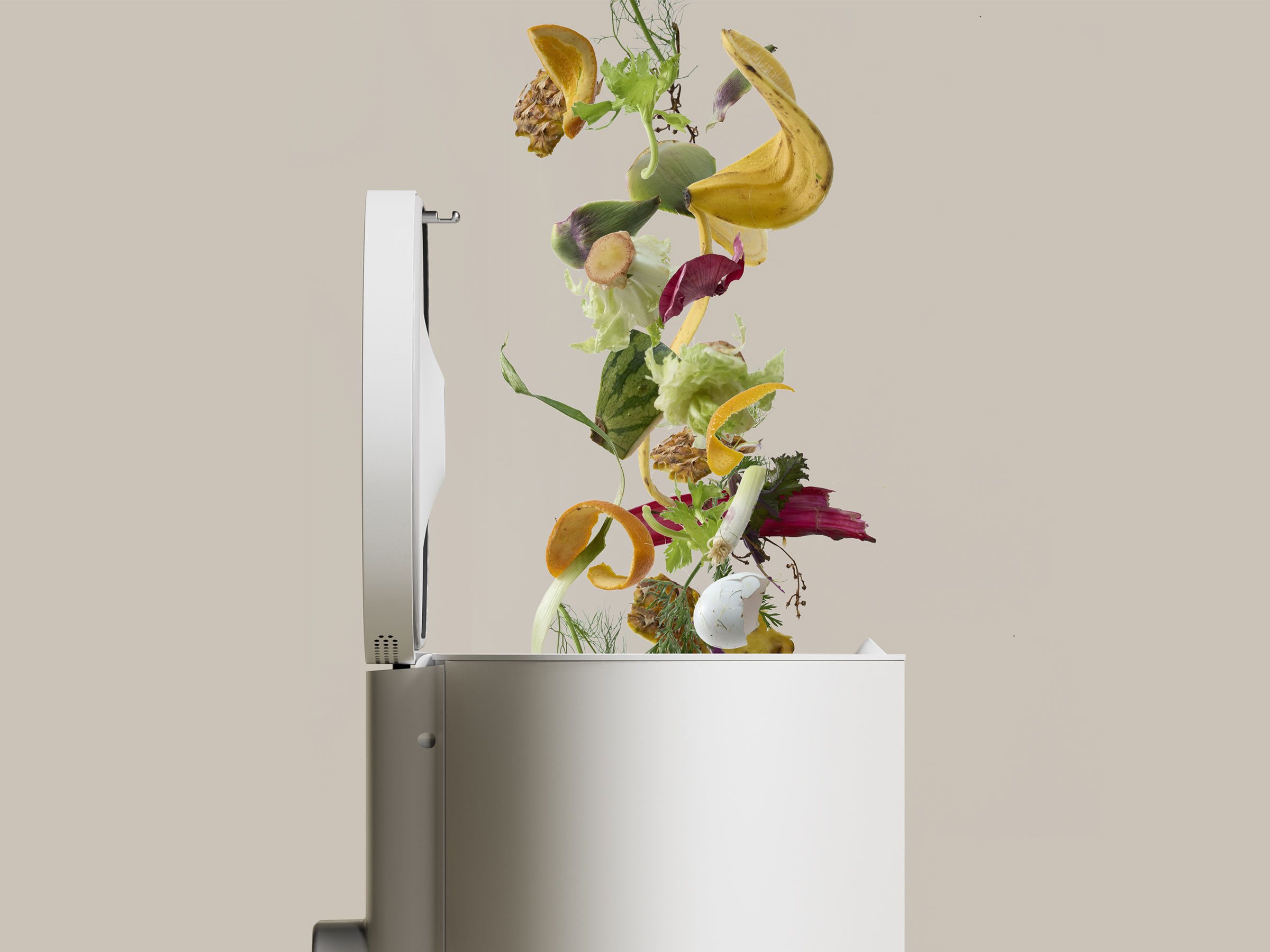These are independent reviews of the products mentioned, but TIME receives a commission when purchases are made through affiliate links at no additional cost to the purchaser.
Typical home composting can involve a rotten-smelling, dripping container that must be ferried outside multiple times a week. Mill’s deodorizing electronic trash can fixes that, automatically heating food waste overnight—even meat, cheese, and bones, which typically aren’t composted—then grinds the dehydrated scraps to take up less space. When the bin is finally full, usually after a few weeks, USPS retrieves the content as part of your Mill subscription and the company recycles the waste into food for chickens, a more efficient use of resources compared to composting.
More Must-Reads From TIME
- The 100 Most Influential People of 2024
- How Far Trump Would Go
- Why Maternity Care Is Underpaid
- Scenes From Pro-Palestinian Encampments Across U.S. Universities
- Saving Seconds Is Better Than Hours
- Why Your Breakfast Should Start with a Vegetable
- Welcome to the Golden Age of Ryan Gosling
- Want Weekly Recs on What to Watch, Read, and More? Sign Up for Worth Your Time
